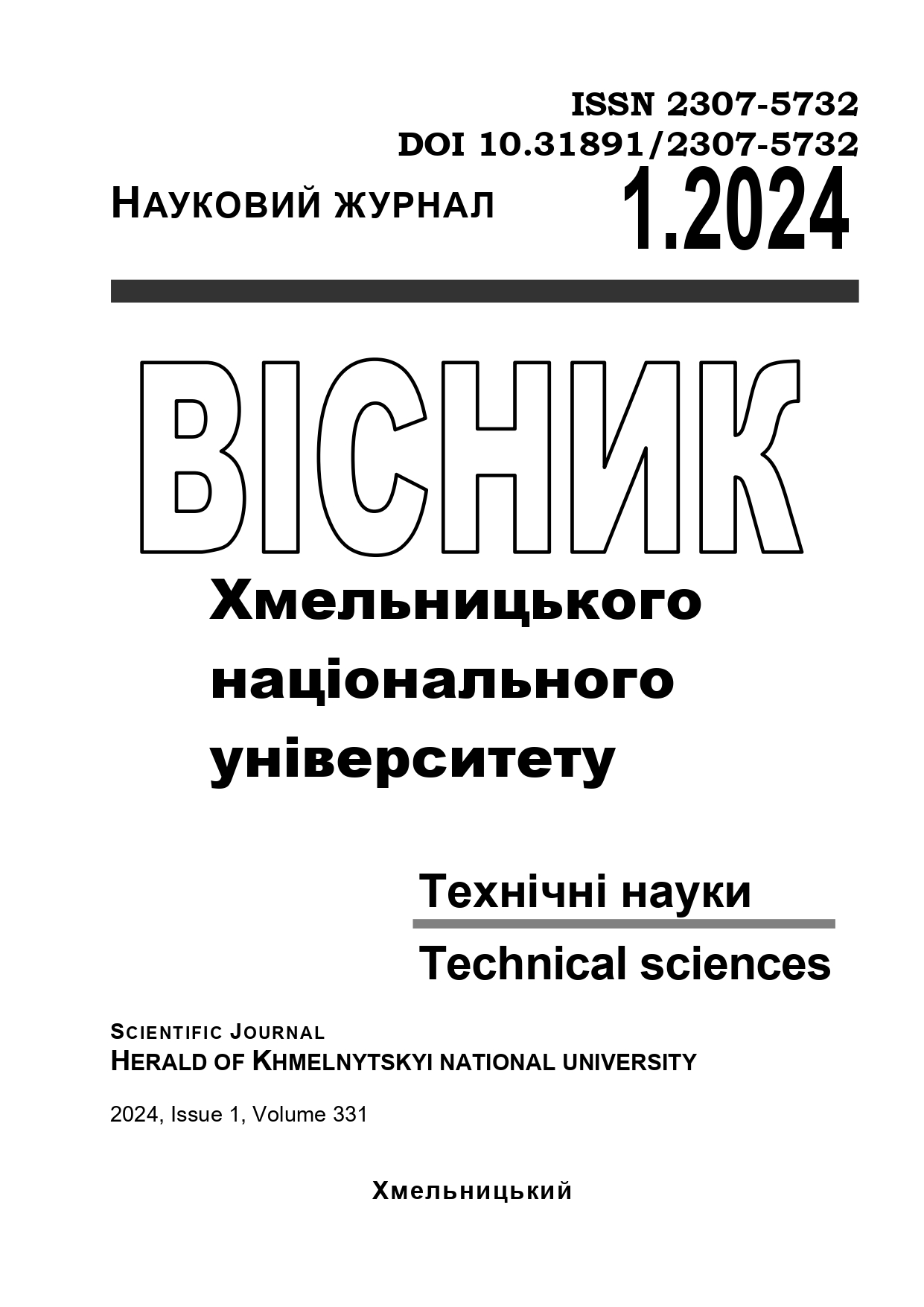APPLIED LINGUISTICS OF ABSTRACTION IN TEACHING DESCRIPTIVE MECHANICS OF TEXTILE INDUSTRIES
DOI:
https://doi.org/10.31891/2307-5732-2024-331-26Keywords:
abstraction, education, applied, description, dynamics, textiles, linguistics, machinesAbstract
The purpose for this article aims to regulatory increased and an abstraction approach in philosophy ontology descriptive mechanics tests teaching descriptive mechanics of the textile industry from processing facilities owned by public universities was initiated of applied linguistics. The textile industry has led the world into and is leading the movement toward global manufacturing; there was a flurry of philosophy ontology abstraction in teaching descriptive mechanics of textiles in Egypt.
Methodology solving the problems identified in philosophy ontology abstraction in teaching descriptive mechanics of textiles, these tests required the development of new descriptive mechanics education, Rephrasing the detailed description of the curriculum for teaching textile mechanics, stripping it of any excess content, and teaching it easily so assessment tools and the use of systems thinking and dialogue with the community, industry, and regulators.
Results: The abstract teaching method of these tests allowed the development of new descriptive mechanics teaching evaluation tools, the use of systems thinking, and dialogue with society, industry, and regulatory authorities. A case study of the beneficial use of these tools is presented as an example of how a philosophical abstraction science approach to teaching meta-dynamics in the textile industry can improve productivity and production resulting from cooperative behavior of stakeholders.
Conclusions: Through this study, which this period of time needs of applied linguistics, with the increase in regulatory controls and the beginning of the abstract approach in ontological philosophy and descriptive mechanics was developed tests for teaching descriptive mechanics for the textile industry from processing facilities owned by public universities.
Recommendations: there is a need to generalize and expand in reformulating the curricula and teaching methods according to this study.

